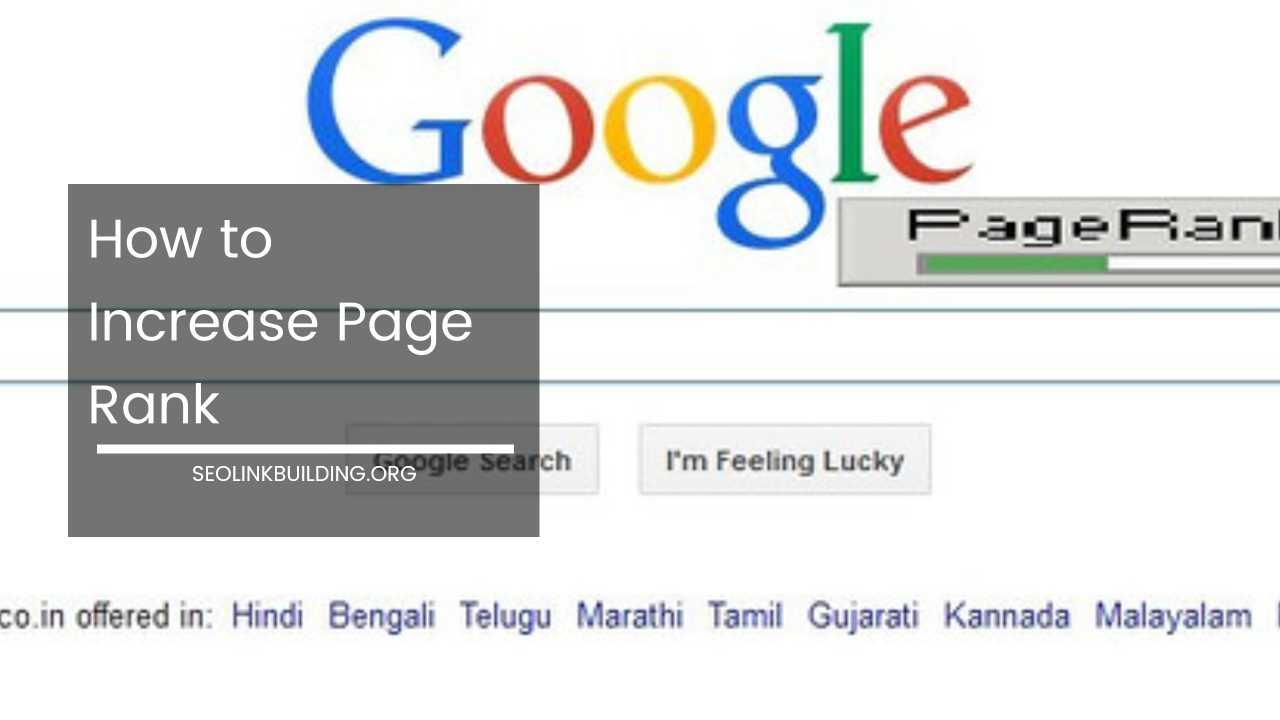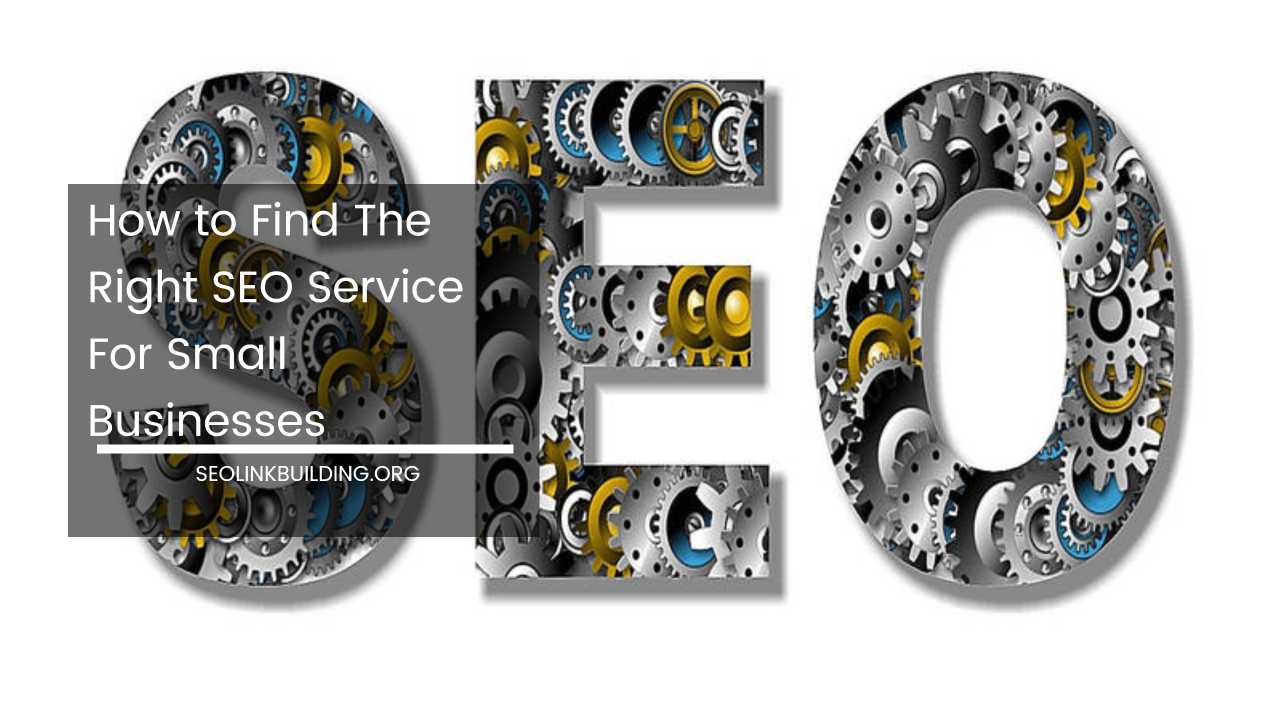How to Increase Page Rank

How to Increase Your Page Rank: A Comprehensive Guide to Climbing the Search Engine Ladder
The digital landscape is a battlefield for attention. In today’s world, a strong online presence isn’t optional – it’s essential for businesses and individuals alike.
Ranking high in search engine results pages (SERPs) can significantly boost website traffic, brand awareness, and ultimately, conversions.
But with billions of webpages vying for that coveted top spot, achieving high page rank can feel like an uphill battle against an army of content creators.
Fear not, digital warrior! This comprehensive guide equips you with the knowledge and strategies to climb the search engine ladder and achieve top rankings for your target keywords.
We’ll delve into the core principles of Search Engine Optimization (SEO), explore on-page and off-page optimization techniques, and equip you with valuable tools and resources to optimize your website for success.
Understanding the Search Engine Ranking Algorithm: Demystifying the Maze
Search engines like Google utilize complex algorithms to determine which webpages deserve to appear at the top of SERPs.
While the exact inner workings of these algorithms remain a closely guarded secret, we do know that search engines consider a multitude of factors when ranking pages. These factors can be broadly categorized into three key areas:
- Technical SEO: This ensures your website is crawlable and indexable by search engines, while also providing a smooth user experience on all devices.
- On-page Optimization: Optimizing the content and structure of your individual webpages to be relevant and user-friendly for both search engines and visitors.
- Off-page Optimization: Building your website’s authority and credibility by acquiring backlinks (links from other websites pointing to yours) and establishing a positive online reputation.
Content is King (and Queen): The Cornerstone of High Rankings
Within these categories lies a single, unifying principle: content. High-quality, informative, and engaging content that provides value to users is the cornerstone of any successful SEO strategy. Search engines prioritize content that:
- Addresses Search Queries and User Intent: Understand the “why” behind user searches. What information are they seeking? What questions do they have? Craft content that directly addresses those needs and delivers solutions.
- Demonstrates Expertise: Establish yourself as an authority in your niche. Utilize research, data, and insightful analysis to showcase your knowledge and credibility.
- Engages and Informs: Content shouldn’t just be informative; it should be captivating. Utilize compelling writing styles, storytelling elements, and multimedia (images, videos, infographics) to keep users engaged and coming back for more.
- Offers Value: Ultimately, content should provide value to the audience. Whether it’s solving a problem, answering a question, or offering entertainment, your content should leave a lasting impression.
On-Page Optimization: Tailoring Your Webpages for Search Engine Success
Optimizing your website’s on-page elements is your foundation for achieving high page rank. Here are some key strategies to consider:
- Keyword Research: The Foundation of On-Page Optimization: Identify relevant keywords with high search volume and low competition that resonate with your target audience. Utilize keyword research tools like Google Keyword Planner or SEMrush. Don’t just stuff keywords; integrate them naturally throughout your content while maintaining readability.
- Meta Magic: Crafting Compelling Titles and Descriptions: Your meta title and meta description are the first impression your webpage makes in search results. Craft compelling titles that accurately reflect your content and entice users to click. Write clear and concise meta descriptions summarizing your content and including relevant keywords.
- Headings Hierarchy: A Roadmap for Users and Search Engines: Utilize clear and descriptive headings (H1, H2, H3, etc.) to structure your content. This improves readability for users and helps search engines understand the hierarchy and flow of your information.
- Internal Linking: Building a Strong Content Network: Create a strong internal linking structure by linking to relevant pages within your website. This helps search engines understand the interconnectedness of your content and distribute “link juice” (ranking power) throughout your site.
Off-Page Optimization: Building Authority Beyond Your Website
Building a strong backlink profile is a crucial element of off-page optimization. Backlinks are essentially votes of confidence from other websites, indicating your content’s value and trustworthiness. Here’s how to attract valuable backlinks:
- Create Link-worthy Content: Develop high-quality, informative, and valuable content that other websites will naturally want to link to. This could be industry-leading research, insightful blog posts, or visually appealing infographics.
- Guest Blogging: Sharing Expertise and Reaching New Audiences: Write guest posts for reputable websites in your niche. This allows you to showcase your expertise, reach a wider audience, and earn valuable backlinks to your website.
- Broken Link Building: Identify broken links on relevant websites and reach out to the website owners, suggesting your content as a replacement. This is a win-win situation as you help them fix a broken link and gain a backlink in the process.
- Online Directories and Business Listings: Submit your website to relevant online directories and business listings. This can help improve your website’s visibility and potentially earn backlinks from these directories.
- Social Media Promotion: Leveraging the Power of Engagement: Promote your content on social media platforms to increase brand awareness and drive traffic to your website. While social media engagement doesn’t directly influence search engine rankings, it can indirectly contribute by increasing website traffic and user signals (likes, shares, comments) that search engines may consider.
Technical SEO: The Invisible Backbone of Search Engine Success
Technical SEO ensures your website is crawlable and indexable by search engines, while also providing a positive user experience. Here are some crucial aspects to focus on:
- Website Speed Optimization: A slow website can negatively impact both user experience and search engine rankings. Utilize website speed optimization tools like Google PageSpeed Insights to identify areas for improvement. Implement caching mechanisms, optimize image sizes, and minify code to improve website loading speed.
- Mobile-friendliness: Catering to the On-the-Go User: As mentioned earlier, mobile-friendliness is crucial for both users and search engines. Ensure your website displays correctly and functions seamlessly on all devices, including smartphones and tablets. Utilize responsive design or a dedicated mobile version to achieve this.
- Structured Data Markup: Speaking the Language of Search Engines: Implement Schema markup to provide search engines with additional information about your content. This can help search engines understand the type of content you have (e.g., blog post, product page, event) and potentially display richer search results with features like snippets or star ratings.
- Website Security: Building Trust and Avoiding Penalties: Maintain a secure website with a valid SSL certificate (indicated by https in the address bar). This not only protects user data but can also be a positive ranking factor for search engines.
Beyond the Basics: Advanced SEO Techniques for Continued Growth
Once you’ve mastered the fundamentals of on-page and off-page optimization, explore advanced SEO techniques to maintain your competitive edge:
- Local SEO Optimization (for Local Businesses): If you have a local business, leverage local SEO strategies like Google My Business optimization, local citation building, and online review management to improve your visibility in local search results.
- Technical SEO Audits: Regularly conduct technical SEO audits to identify and fix crawl errors, broken links, and other technical issues that could be hindering your rankings. Utilize tools like Google Search Console to monitor your website’s health and receive valuable insights.
- Content Strategy and Refreshing Old Content: Develop a long-term content strategy that addresses your target audience’s needs and interests. Regularly refresh older content with new information and insights to maintain its relevance and ranking potential.
- Stay Informed of Algorithm Updates: Search engine algorithms are constantly evolving. Stay informed about major algorithm updates and adapt your SEO strategy accordingly. Utilize resources like Google Search Central to keep up with the latest developments.
SEO Tools and Resources for Your Optimization Journey
The world of SEO offers a vast array of valuable tools and resources to assist you in your optimization journey:
- Keyword Research Tools: Tools like Google Keyword Planner, SEMrush, and Ahrefs help you identify relevant keywords with high search volume and low competition.
- Website Speed Testing Tools: Utilize Google PageSpeed Insights or GTmetrix to analyze your website’s loading speed and identify areas for improvement.
- Backlink Analysis Tools: Tools like Ahrefs, Moz, and SEMrush help you analyze your backlink profile and identify opportunities for building backlinks.
- Rank Tracking Tools: Monitor your website’s ranking progress for target keywords using tools like Google Search Console, Ahrefs, or Moz.
- SEO Blogs and Communities: Stay up-to-date on the latest SEO trends and best practices by following reputable SEO blogs and online communities like Moz Blog, Search Engine Journal, and r/SEO on Reddit.
Final Thoughts: The Ongoing Journey of Search Engine Optimization
Climbing the search engine ladder requires a continuous effort. By understanding the core principles of SEO, consistently implementing optimization strategies, and monitoring your progress, you can achieve higher page ranks, attract more organic traffic, and ultimately achieve your website’s goals.
Remember, SEO is a marathon, not a sprint. Be patient, persistent, and adapt your approach as the search engine landscape evolves.
With dedication and the knowledge provided in this guide, you can empower your website to climb the rankings and reach the top of the SERPs.













